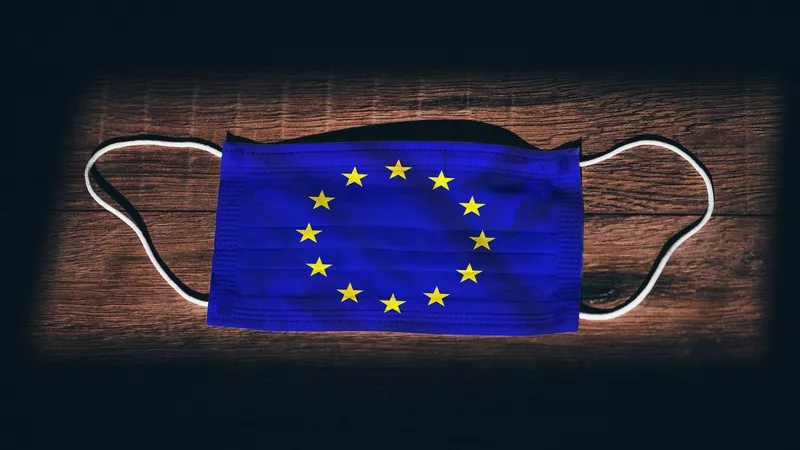Rail technology specialist Bombardier Transportation and its local partner Hartasuma are to deliver an additional 27 Bombardier Innovia Metro 300 trains for the Kelana Jaya Light Rail Transit (LRT) Line in Malaysia. The order from Prasarana Malaysia Berhad is valued at approximately US$388 million (1.7 billion Malaysian ringgit).
The lightweight aluminium Innovia Metro 300 trains can move up to 30,000 passengers per hour, per direction. Once final delivery is completed in 2022, these four-car trains will
March 28, 2017
Read time: 2 mins
Rail technology specialist 513 Bombardier Transportation and its local partner Hartasuma are to deliver an additional 27 Bombardier Innovia Metro 300 trains for the Kelana Jaya Light Rail Transit (LRT) Line in Malaysia. The order from Prasarana Malaysia Berhad is valued at approximately US$388 million (1.7 billion Malaysian ringgit).
The lightweight aluminium Innovia Metro 300 trains can move up to 30,000 passengers per hour, per direction. Once final delivery is completed in 2022, these four-car trains will help to increase reliability and provide high capacity mobility on the capital city's integrated transit network.
Final assembly and interior fit-out for these trains are all being carried out in Malaysia, at the Westport facility of the Bombardier Hartasuma Consortium as part of ongoing initiatives to increase local workforce skills. In addition, the consortium is also increasing transport capacity on the same line through the conversion of the original Bombardier Innovia fleet from 34 two-car to four-car trains with inter-car walkthrough and associated wayside system upgrade, to be completed by 2020.
The lightweight aluminium Innovia Metro 300 trains can move up to 30,000 passengers per hour, per direction. Once final delivery is completed in 2022, these four-car trains will help to increase reliability and provide high capacity mobility on the capital city's integrated transit network.
Final assembly and interior fit-out for these trains are all being carried out in Malaysia, at the Westport facility of the Bombardier Hartasuma Consortium as part of ongoing initiatives to increase local workforce skills. In addition, the consortium is also increasing transport capacity on the same line through the conversion of the original Bombardier Innovia fleet from 34 two-car to four-car trains with inter-car walkthrough and associated wayside system upgrade, to be completed by 2020.









